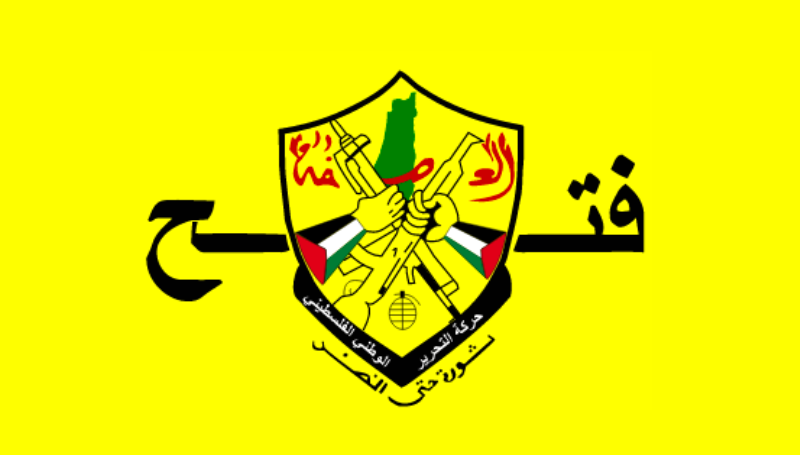Ali al-Awar and Yohanan Tzoreff
INSS Insight No. 1631, Aug. 15, 2022
“Fatah is in urgent need of renewal, a change of image, and of revived legitimacy.”
The decision by Abu Mazen to cancel the elections for the Palestinian Legislative Council and the presidency, scheduled for May 2021, may one day prove to be a turning point in the history of the Palestinian national movement and Hamas in the Palestinian territories. The decision was taken against the backdrop of increasing Hamas power in universities, trade unions, and local authorities. It deepened the crisis of trust between the public and the Palestinian Authority (PA), further eroded the PA’s legitimacy and made it increasingly irrelevant, and heightened the calls for reform in Fatah, the largest of the organizations that comprise the PLO. Decisions by the PLO’s Central Council and subsequent appointments by Abu Mazen outraged the public in general and Fatah in particular. The most controversial appointment was that of Hussein al-Sheikh, the minister of civil affairs, as general secretary of the PLO Executive Committee. This move was perceived publicly and by the Central Committee and various Fatah bodies as Abu Mazen’s indication that he has selected al-Sheikh as his successor.
Recent events in the West Bank likewise demonstrate the leadership crisis in Fatah. There is no control or leadership in the various regions where the organization is present, and the regional factions do not obey the instructions of the central leadership. Activists who want to demonstrate their power and presence gather armed men, cooperate with competing organizations, and make decisions independently. This is illustrated clearly by collaboration between armed Fatah activists in the Jenin and Nablus areas with Islamic Jihad and Hamas activists in clashes they initiate with the IDF, which regularly entered these areas until the onset of Operation Breaking Dawn (August 5-7, 2022).
Shots by armed men, who many Palestinians believe were affiliated with Fatah, were fired at Dr. Nasser al-Din al-Shaer, a lecturer at an-Najah University in Nablus affiliated with Hamas. This incident is one of many examples of the proliferation of weapons in the West Bank and the diminished capacity of the PA to strike fear in its people and maintain security stability. Al-Shaer is a senior figure who served as a minister and deputy prime minister in the first Haniyeh government, established after the 2006 elections. Had he been killed, the resulting clashes would have been between Hamas and Fatah, and would have quickly spilled over toward Israel. Nevertheless, a month has passed since the shooting, and the findings of the investigation ordered by Abu Mazen to bring the perpetrators to justice have not yet been published.


